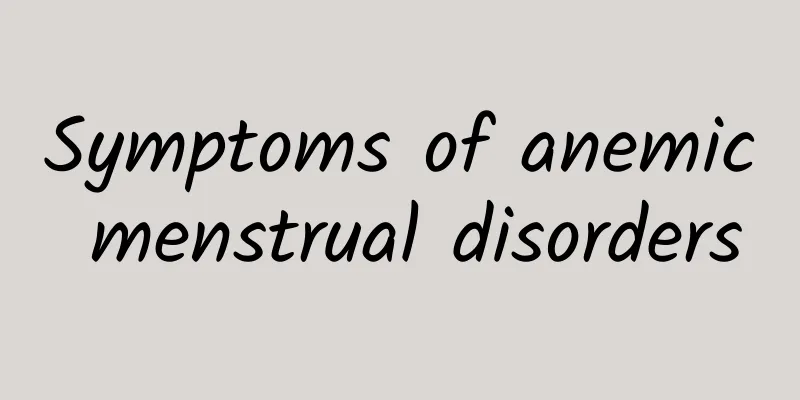What is endometriosis? Is it serious?

|
Endometriosis is a common gynecological disease, characterized by the abnormal growth of endometrial tissue outside the uterine cavity, which may lead to serious consequences such as infertility and severe pain. The specific cause of the disease is still unclear, but it is usually closely related to genetic, environmental and physiological factors. For treatment, drug therapy, surgical treatment and lifestyle intervention can be used. 1. Genetic factors play an important role in the development of endometriosis. If a female family member has the disease, the risk of other family members developing the disease will increase. This suggests that women with a family history need to undergo early screening and regular physical examinations. 2. Environmental factors, including environmental pollution and changes in lifestyle, may also cause this disease. Studies have shown that exposure to certain chemicals and excessive stress may increase the risk of the disease. Women are advised to take care of their mental health and avoid working under long-term exposure to potentially harmful chemicals. 3. Physiological factors, such as imbalance of hormone levels in the body, also play an important role in the occurrence of such diseases. Endocrine disorders may lead to abnormal growth of endometrial tissue. Through a healthy diet and a regular schedule, hormone levels in the body can be regulated to a certain extent. 4. Drug treatment is one of the most common early intervention methods for endometriosis. Nonsteroidal anti-inflammatory drugs (such as ibuprofen), gonadotropin-releasing hormone analogs and hormonal contraceptives can be used to relieve pain and inhibit the progression of the disease. 5. Surgery is suitable for patients who are ineffective with medication or whose condition is more severe. Laparoscopic surgery can relieve symptoms by removing or burning endometriosis tissue. More severe cases may require hysterectomy. 6. In terms of lifestyle, a diet rich in fiber and low in fat and moderate exercise can help alleviate symptoms. In addition, you should also keep your weight within the normal range to avoid hormone fluctuations caused by being overweight. Overall, endometriosis can cause great distress and health problems, but through early diagnosis, appropriate treatment, and active lifestyle intervention, many patients can effectively manage or even alleviate symptoms. Facing the disease, consulting a professional doctor, and choosing the right plan based on your personal situation are the keys to controlling the disease. |
<<: What are the symptoms of pelvic effusion cystic mass
>>: Adenomyosis: Foods not to eat
Recommend
How to treat menstrual disorders caused by obesity and uterine fibroids? Nutritionist Cai Yixuan: 4 nutrients you must supplement to stay healthy every month
When women have their period, they are most worri...
Preventing cervicitis based on its causes
There are many ways to prevent cervicitis, and pr...
Can I get pregnant with uterine fibroids?
Uterine fibroids are benign tumors formed by the ...
What are the symptoms of Trichomonas vaginitis?
Vaginitis is a common gynecological disease, and ...
How much does the menopause drug cost?
Everyone knows the harm of menopause to female fr...
How much does an abortion cost?
How much does an artificial abortion cost? Artifi...
What to do about premature ovarian failure
What to do if you have premature ovarian failure?...
Can't control your appetite? Gastric balloon surgery is a good choice
In order to reduce gastric content and the feelin...
TCM's understanding of the etiology of interictal bleeding in patients with functional uterine bleeding
TCM believes that the intermenstrual period is a ...
Patients with vaginitis should understand the diagnosis basis in advance
Vaginitis is a gynecological disease caused by ba...
Brown discharge from Bartholin's gland cyst
Brown discharge from a Bartholin's gland cyst...
Can women with ectopic pregnancy still have children?
Can a woman with an ectopic pregnancy still have ...
Frequent infections, chronic fatigue… 5 symptoms of vitamin D deficiency
Many people have osteoporosis problems, but they ...
Which hospital is best for painless abortion in Zhengzhou?
Zhengzhou is a big city. Painless abortion surger...
Postpartum weight loss: 6 diet tips from Mark's mom
The blogger "Mark Mama", who has four c...









